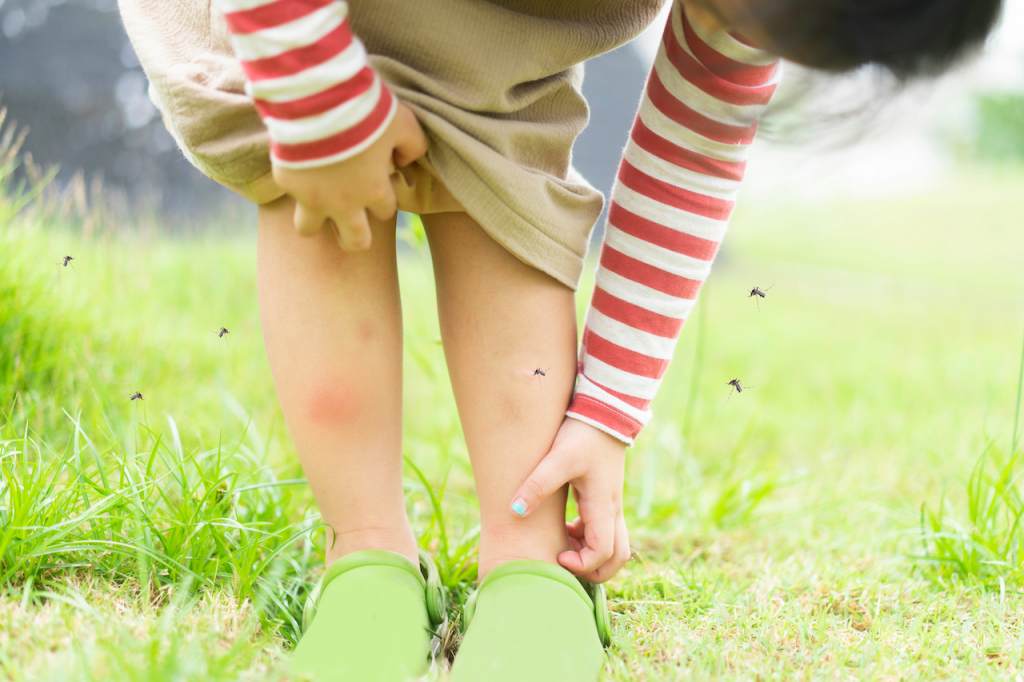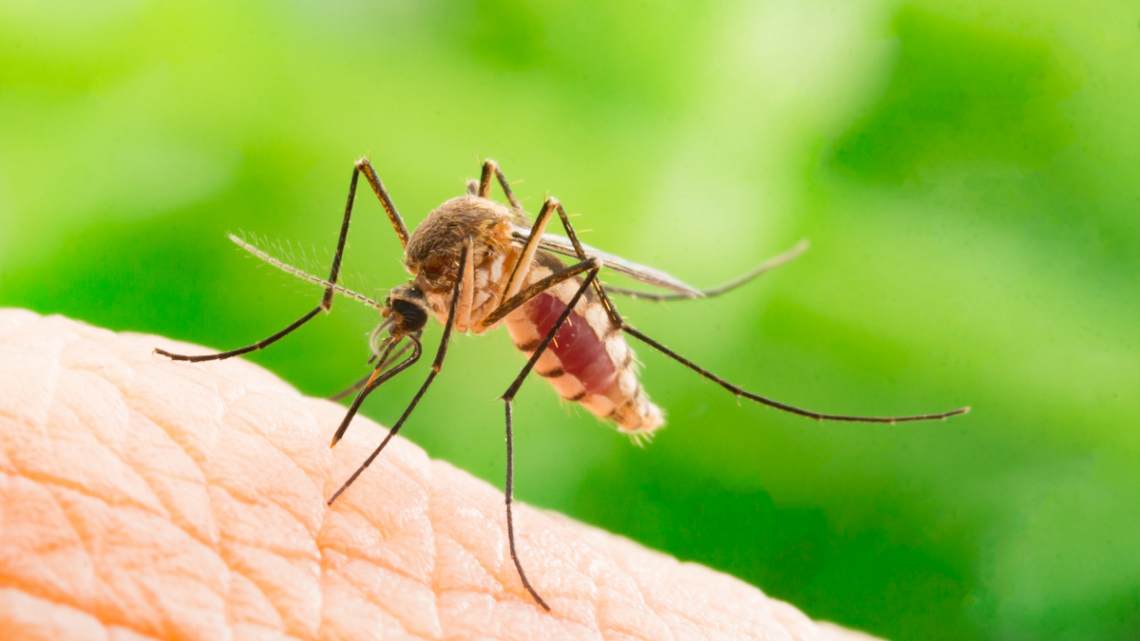If you’re convinced that you attract more mosquitoes than your friends do, you could be right — and it could be because your skin smells like stinky feet!
Recent research from New York’s Rockefeller University published in the journal Cell reveals that the insects prefer the scent of certain people’s skin over others. In fact, some humans are 100 times more alluring to mosquitoes because of the odors they emit — Believe It or Not!
Buzz Off
Participants in a three-year study wore nylon sleeves on their arms to cover their scent, but regardless of what odors (i.e., perfume or type of shampoo) were mixed in to disguise the smell, the mosquitoes repeatedly returned to the same scent, according to CBS.
Researchers found that “mosquito magnets” have a chemical makeup with raised levels of 50 molecular compounds. These compounds are found on the moisturizing barrier of their skin. People who are the most attractive to mosquitoes have more carboxylic acids than other humans. Carboxylic acids contribute to a person’s body odors when substances are mixed with a human’s bacteria.
“Compelling evidence for the role of carboxylic acid in guiding the mosquito’s preference toward specific people”https://t.co/wredsoM8ux @CellCellPress pic.twitter.com/EvMS4VES25
— Eric Topol (@EricTopol) October 28, 2022
Mosquito magnets in the study had much higher levels of three carboxylic acids in addition to 10 unidentified compounds in the same chemical class. “The specific blend of these and other carboxylic acids varied between different high attractive subjects. Therefore, there may be more than one way for a person to be highly attractive to mosquitoes,” the researchers stated (via IFL Science).
Heard the Buzz?
So, what does this acid smell like? According to researchers, it resembles stinky feet and cheese. However, this scent may not be detectable by other humans, which, let’s face it, is probably a good thing.
Researchers plan on using their results to create products that will help mosquito magnets avoid getting bit by the bloodsuckers. This is important because some species of mosquitoes can spread yellow fever, dengue, Zika, and other diseases, which impact around 700 million people annually, Jeff Riffell, a professor at the University of Washington who wasn’t involved in the research told the Washington Post.
Mosquitoes find humans through their breathing, and female mosquitoes need blood in order to reproduce. In addition to the scent that certain humans emit, mosquitoes are also attracted to pregnant women and those who’ve consumed a few beers!
Bug Out
The researchers concluded, “Understanding what makes someone a ‘mosquito magnet’ will suggest ways to rationally design interventions […] to make people less attractive to mosquitoes. We propose that the ability to predict which individuals in a community are high attractors would allow for more effective deployment of resources to combat the spread of mosquito-borne pathogens.”

Unfortunately, there’s no way to change your mosquito magnet status as of right now. According to Leslie Vosshall, chief scientific officer at the Howard Hughes Medical Institute and the study’s lead researcher, “If you’re a mosquito magnet today you will be a mosquito magnet three years from now.”
By Noelle Talmon, contributor for Ripleys.com










Comment Your Reaction